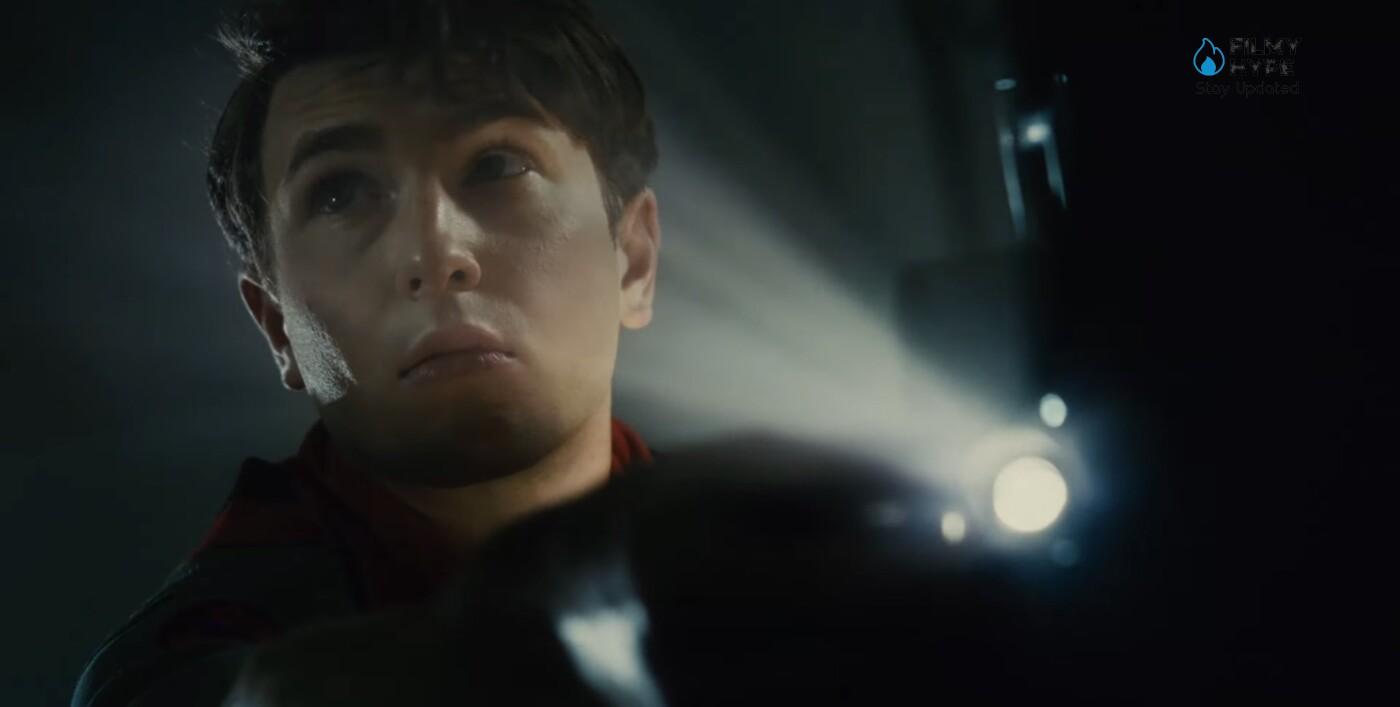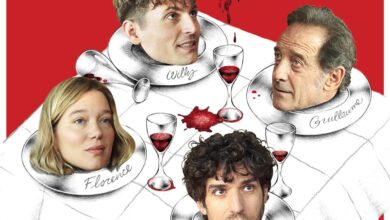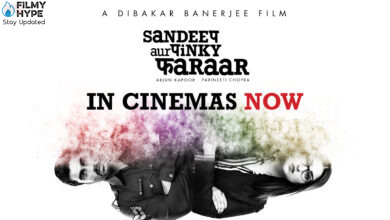The Fabelmans Review: Close Encounters Of The Autobiographical Type (Venice 79)
Cast: Paul Dano, Michelle Williams, Mateo Zoryna Francis-Deford, Gabriel LaBelle
Director: Steven Spielberg
Filmyhype.com Ratings: 4/5 (four stars)
Steven Spielberg‘s youth has always been one of the great keys to interpreting his cinema, in particular as regards the family unit torn apart: divorced couples abound in his films, often with the father figure represented in more negative terms. , but not too much (just think that it was the director himself who insisted that, in Try to Catch Me, Frank Abagnale Jr. continued to interact with Frank Sr. where in reality they had already broken the bridges).

For Spielberg, the seventh art has always been a deeply personal matter, and he explicitly exhibits it in his 34th feature film, which premiered at the Toronto International Film Festival (the first time for the filmmaker, who in the past attended kermesse as a Cannes and Venice). In this review of The Fabelmans, we will tell you about this monumental and extremely autobiographical work.
The Fabelmans Review: The Story
The Fabelmans is the story of Sammy Fabelman (played by Mateo Zoryna Francis-Deford as a child and Gabriel LaBelle as a teenager), a Jewish boy from New Jersey. One evening in 1952, his parents (Michelle Williams and Paul Dano) take him to the cinema for the first time, to see Cecil B. DeMille’s The Greatest Show in the World. The young Sammy is impressed, and with his first camera, he decides to recreate the sequence that impressed him the most.
From there was born an unbreakable passion for moving images, severely tested by the constant removals linked to the work of his father, a computer technician who has no particularly flattering words for his son’s artistic ambitions (while the mother, a pianist, supports him without hesitation. Over the years, he continues to tour with his sisters and friends, hoping to someday reach the coveted Hollywood milestone.
The Fabelmans Review and Analysis
It is the third time, after Close Encounters of the Third Kind and AI – Artificial Intelligence that Steven Spielberg has written the screenplay for one of his films (together with Tony Kushner, who wrote the scripts for Munich and West Side Story for him). An ideal triptych on the family according to the director, but also the maximum evolution of his poetics: in 1977, in his third feature film, he already demonstrated that he knew how to masterfully combine the spectacular and the intimate (his participation, years later, in the Inside the Actors Studio television program, where he realized during the interview that the film’s ending was the perfect double homage to his parents’ professions); in 2001, thanks to the ghost of Stanley Kubrick, that vision was reworked in a slightly darker key; and in 2022, after five decades behind the camera, we go back to explore the origin of that lasting relationship with the evocative power of the seventh art and the union between the epic and the personal.
The Fabelmans is a film that looks to the past, present and future, right from the opening credits where the Universal logo merges with that of Amblin, with ET and his friend Elliott on a bicycle. It is the most explicit homage to Steven Spielberg’s filmography, who elsewhere inserts small references without pressing too much on the nostalgia button (a beach suggests The Jaws, a sequence with the boy scouts to the prologue of Indiana Jones and the last crusade), even allowing himself a little wink to his cinematic legacy by giving a delicious cameo to Greg Grunberg, best friend and fetish actor of a certain JJ Abrams.
An indelible collection of images, signed by director of photography Janusz Kaminski, recall how, in one way or another, Spielberg’s private life has always been one of the fundamental ingredients of his work for the big screen, even if the film itself makes fun of the issue in one of its most beautiful moments, making a character say “Life is not like cinema” just as the two things meet/clash to the fullest.
In the critical field, especially in the United States, there was initially a rather hostile attitude towards Spielberg when he decided to devote himself to more “serious” works, starting with The Color Purple, as if his talent were to be relegated to the cinema of pure entertainment. A line of thought that showed that he did not understand a fundamental ingredient of the filmmaker’s poetics, which also – indeed, above all – in his blockbusters highlighted a great emotional maturity, which certainly contributed to the Oscar nominations in the major categories for films like I Raiders of the Lost Ark and The Shark.
In this sense, The Fabelmans is the perfect marriage of the two souls of Spielberg, who signs the script together with the author of his most adult and desperate film, Munich, thus combining the innocence of childhood and the bitter awareness of mature age. A mirror image of Ready Player One, released in 2018: there we reflected on the impact that Spielberg’s cinema has had on the collective imagination, in a dystopian context based on nostalgia, while here we are dealing with the artistic birth of a great filmmaker. An author with a superfine technical talent, but who has never forgotten that he is also an entertainer, and perhaps also for this reason he gave he alter ego the surname Fabelman, the man of fairy tales.
At the premiere in Toronto, the director stressed that his 34th feature film should not be read as a testament film, because he has no intention of retiring from cinema. Yet, there is something melancholy and almost crepuscular in some technical details, from the editor Michael Kahn who, as for West Side Story, is joined by his colleague Sarah Broshar (suggesting that a handover due to age limits is around the corner), to the indispensable musical contribution of John Williams who recently declared that he wanted to leave the cinema behind starting from 2023 (when the fifth Indiana Jones). From that point of view, every time the notes of the great composer enrich the emotional charge of the sequences of the film, one has the impression of witnessing the end of an era, the conclusion of one of the most important partnerships in Hollywood history.
The Fabelmans Review: The Last Words
Steven Spielberg hits the heart with The Fabelmans: a film that is an autobiographical reflection on family and cinema. A spectacular and poignant epic that we recommend seeing. A particularly apt conclusion, since the two friends go back to their origins, at the beginning of a journey summarized in the first minutes of the film by Mrs. Fabelman: “Films are dreams you never forget”. And if this is truly the last time Spielberg and Williams will make us dream together, there could not have been a better opportunity.






